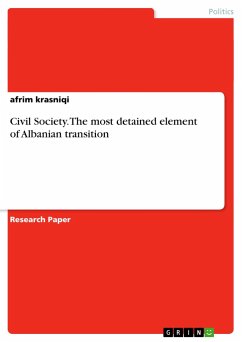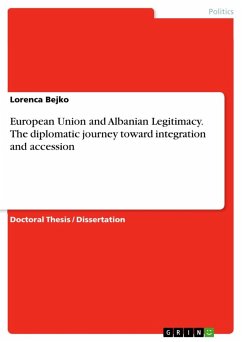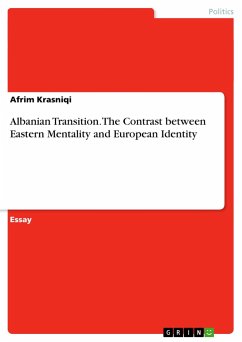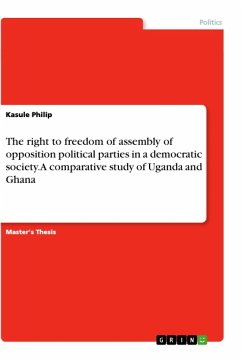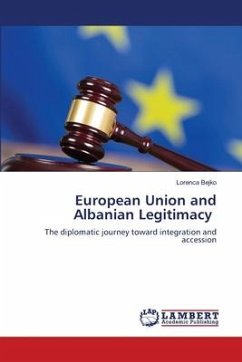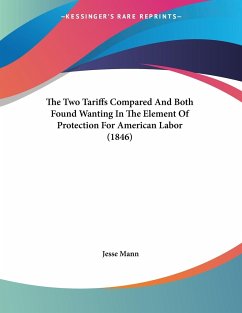Research Paper (postgraduate) from the year 2006 in the subject Politics - International Politics - Region: South East Europe, Balkans, , course: 1, language: English, abstract: In 1990 Albania changed its political system. In 2006 it signed Stabilization Association Agreement with EU and in 2008 received the invitation to NATO membership. 18 years ago it was hard to find a single Albanian who believed the process of democratic transformation would take more than one decade to ensure a place in the European community. Today it is hard to find a single Albanian who believes the country will reach European economic and democratic standards without passing another decade. This evolution reflects the long and difficult the Albanian society has passed from the utopia of 90' in realization and needs for democratic reforms in a new century.Civil society in Albania is organic part of this change, prolonged transition, delays indemocratic strengthening, lack of tradition and problematic inheritance of the past. It hasn't succeeded to forerun political society, but it has walked behind it, as a new sector, fragile, yet not solid. Being such it appears as the most detained element of Albanian transition and in the same time still far from the model of west democratic societies.To the Albanian civil society it is urgent need full competition of the process of its unmithization, its amalgamation to vertical and horizontal cuttings of society, its identification with visions and projects proceeding development. Its next challenge remains transformation into a functional and effective institution, reliable and partner to other actors in society.A positive sign to a more solid future for the civil society is the existence of a population relatively young (average age 26 years old), multidimensional exposure to west world, the ending of conflicts and initiation of regional integration into EU, as the always growing expansion of information resources.
Bitte wählen Sie Ihr Anliegen aus.
Rechnungen
Retourenschein anfordern
Bestellstatus
Storno

